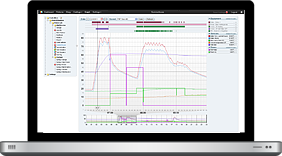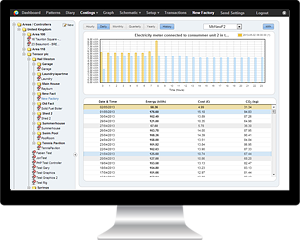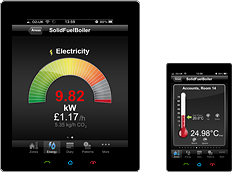Energy bills set rise by 350 pounds on average due to Government’s green policies
Energy bills for an average home could soar £350 by 2030 due to the increase in green policies and a rising price of electricity, figures released by the DECC (Department of Energy and Climate Change) as a response to an official Freedom of Information request were able to reveal.
The figures were kept out of an official DECC report published last month, but were released following a FOI issued by the Renewable Energy Foundation.
The data points out that, in a worst case scenario, the cost of electricity for an average home would rise by 42 per cent by 2020 from £131 per megawatt hour to £186.
An average household uses 4.5 MWh per year, according to the figures, meaning a potential bill increase of about £250. By 2030, the price of a megwatt hour will rise to £206.
For medium-sized businesses the price will rise by up to 77 per cent in 2020 and 114 per cent in 2030. Because firms use about 11,000 MWh per year, this means a £585,000 rise – from £760,000 to £1.34million – by 2020.
Dr John Constable, director of the Renewable Energy Foundation, said: “Nobody believes that these policies will actually deliver savings on the levels DECC are claiming.
“Looking at the price impacts is one way of getting behind the smoke. If your household is not benefiting from these particular energy-saving policies, your bill will go up.” The impact of the rise on businesses will be passed on to consumers as well.
Significant savings in terms of energy expenditure can only be truly achieved when implementing a solution designed to optimize energy consumption across the board, whether we’re talking about electricity or gas.
This is exactly where HeatingSave system might prove its worth, since our solution allows customers to achieve immediately savings of up to 30%+ on their energy bills.
This is achieved by optimizing the energy consumption levels within any building with the help of an advanced heat-loss algorithm that creates a specific profile for any building and based on that, switches heating on later if it’s warm and off earlier if it’s cold.
If you’d like to find out more about the HeatingSave Building Energy Management System, then simply contact our dedicated product team, they’ll help you get all the necessary information and answer all of your queries.






